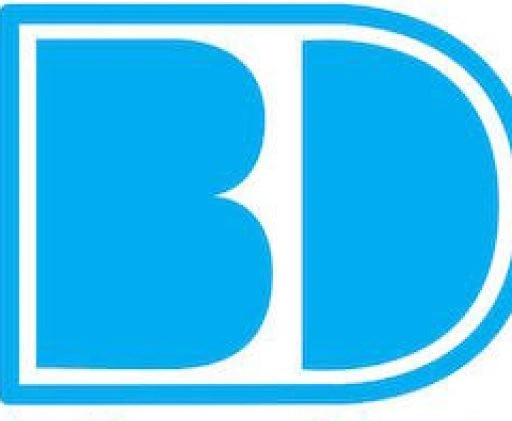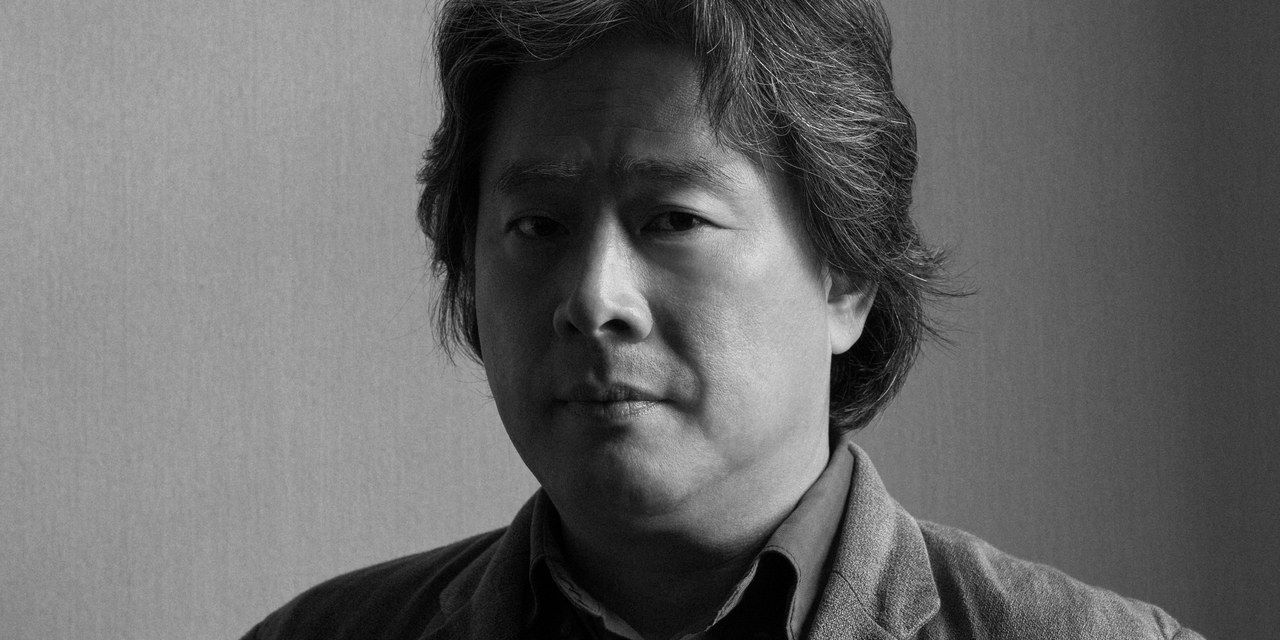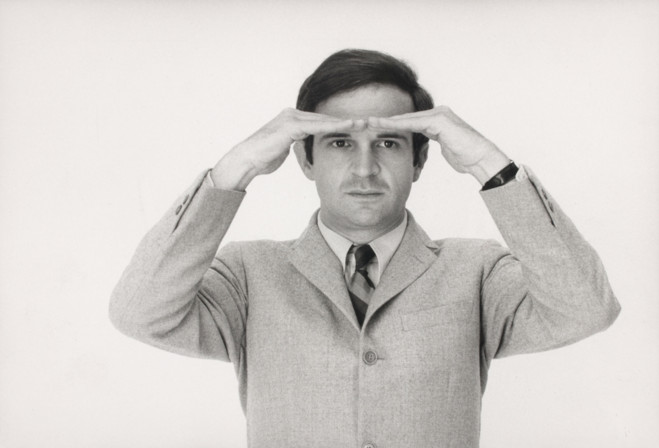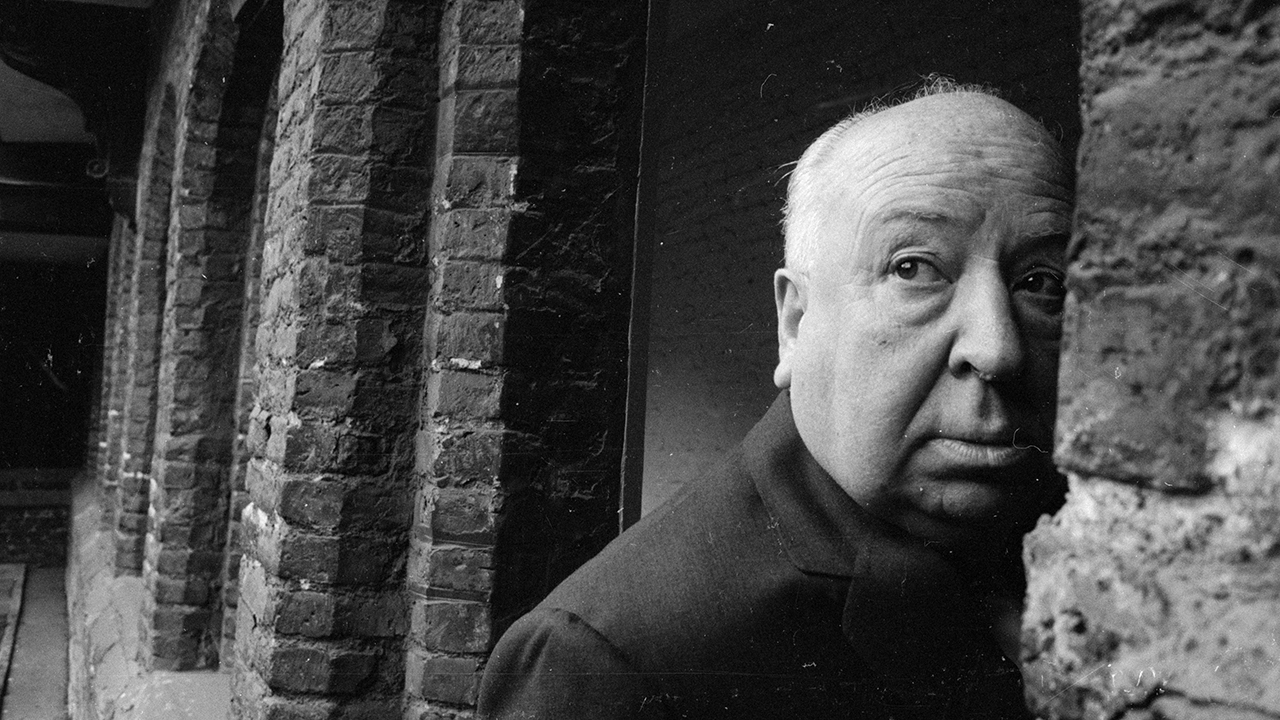There are very few filmmakers out there who could liquefy the belts of dichotomy in art house cinema and mainstream, and technical expertise and contemplative, philosophic narrative modes. When the South Korean movie JSA hit the Berlin International Film Festival 2001,it went on to become a festival darling. The critics and delegates were more curious about the non-English speaking, shy, young filmmaker, Park Chan Wook from Seoul, South Korea.
The buzz didn’t go in vain as he bounced back from his rough patches and came up with movies like Thirst, Sympathy for Mr. Vengeance, Oldboy, Lady Vengeance, Stoker, and The Handmaiden. Now, Wook is considered as one the prominent auteurs from Asian cinema along with Wong Kar Wai and Takashi Mike.
“A Pessimist, A Philosopher, And A Poet,” A Wong Kar Wai Round-Up
In this conversation, translated by producer Wonjo Jeong, Wook explains his first tryst with cinema when he saw Alfred Hitchcock’s Vertigo and the indelible impact that movie made on him, which eventually pushed him into filmmaking. Wook remembers how a meek, young art critic decided to jump into the fray of filmmaking, subduing all the insecurities and terrible feelings then and there. He also reminisces about an awkward situation in which he had to turn into a film critic after making two feature films, in order to make both ends meet, and apparently assigned with writing reviews for his own movies.
The Hitchcockian Ways Of Seeing Things And Packing Them Into A Movie, A conversation
Wook also hints at his signature characteristics like black humor, absurd and mysterious story lines told in a stripped down treatment, graphical depiction of action and violence, characters haunted with the emotion, revenge, and intense and disturbing use of handheld shots. Even though Park Chan Wook movies are readily recognizable for a cineaste, he never acknowledges his autership.
Written By: Ragesh Dipu




